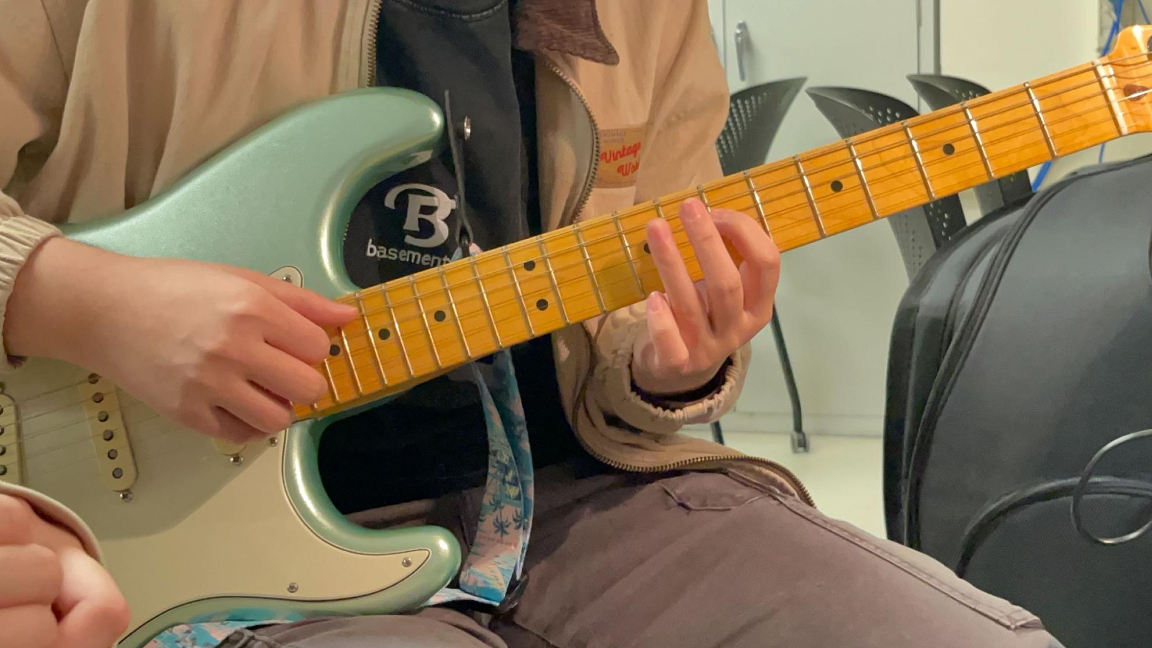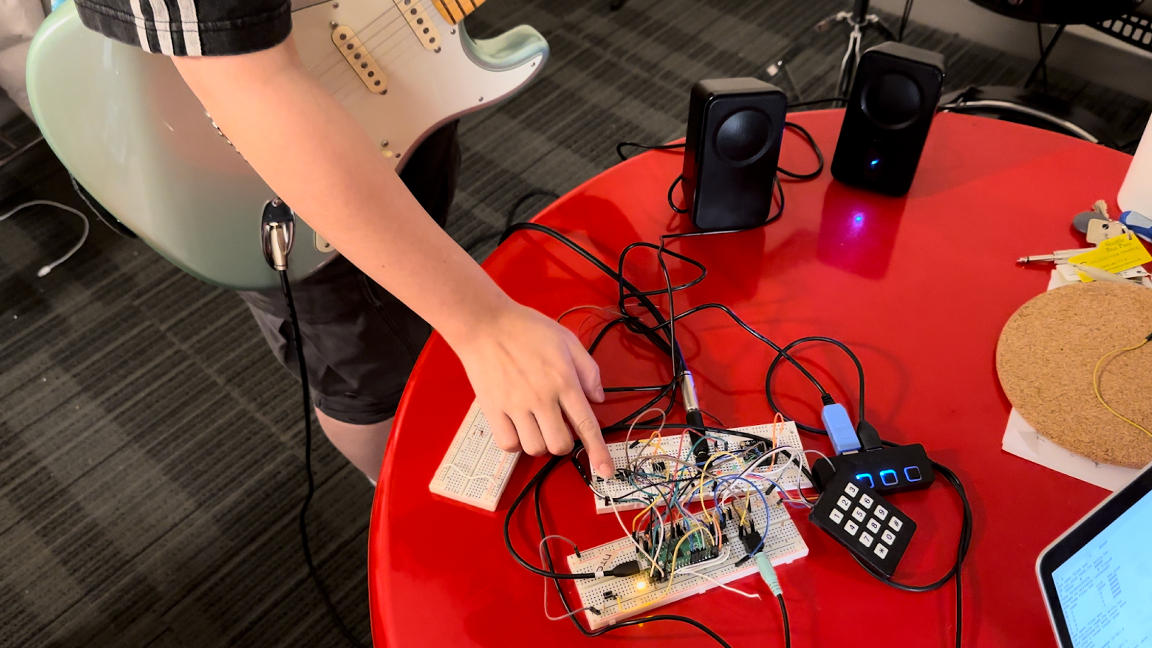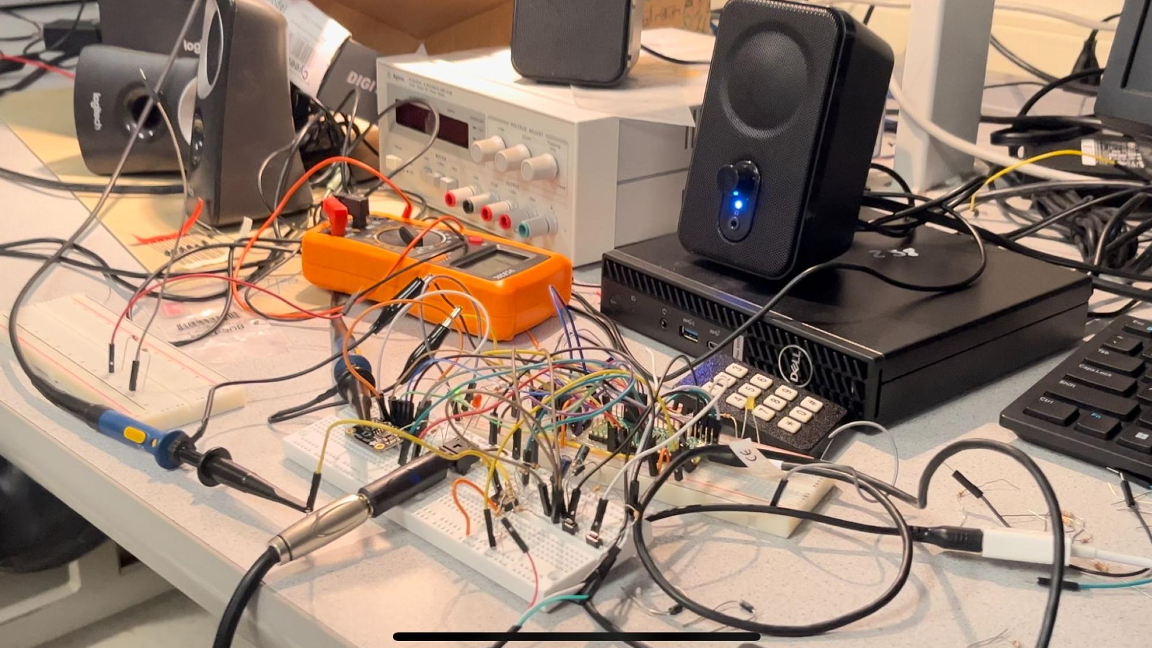
You don’t get to play with a Raspberry Pi daily at school. Still, students Yaqi Gao, Xiaoyu Liang, and Alina Wang from Cornell University are lucky enough to have used one in a big project. Together, these three students created what they call Pi-Looper. This looper works like a professional device you’d buy on the market today using our favorite microcontroller, the Raspberry Pi Pico.
According to the project documentation, all team members have a deep enthusiasm for music and want their project to reflect that. Knowing how hard it can be for an artist to create complex live music, they decided it would be fun to create a looper. This lets the user record audio snippets and repeat them on demand.



Thankfully, there are a lot of juicy details about the project and what went into making it. The team explains on the official project page that the Pico utilizes FRAM for accessing and storing tracks. To boost signal strength for the instruments, they developed an amp circuit suited to the ADC on the Pico. As they put it, it’s set up with “loop station logic,” which means they created a finite state machine (FSM) with buttons that handle the recording, loop playback, and more.
As mentioned, the main board powering the project is a Raspberry Pi Pico. It connects to an external DAC via an SPI connection to receive instrument input, in this case, input from a guitar. They also have a screen that outputs sound waves produced by the Pi-Looper in real-time. You can find hardware schematics on GitHub that show precisely how everything is assembled.
To explore the project in greater detail, head over to GitHub and check out the software documentation and a very in-depth, high-level explanation behind the project’s design. If you enjoy this project, you should also check out our list of best Raspberry Pi projects to see what else the Pi community has been up to lately.







